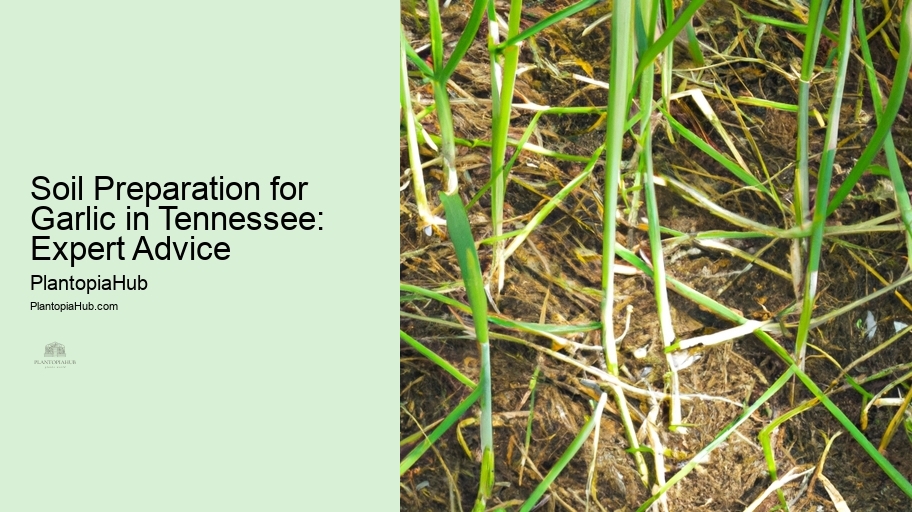

Urban gardening in Tennessee can be challenging, but growing garlic in containers is a space-efficient solution.
Place your containers in a sunny spot, water regularly, and follow the same planting and care guidelines as for in-ground garlic. Container gardening allows urban dwellers to enjoy homegrown garlic even in limited spaces.
In conclusion, container gardening is a viable option for urban gardeners in Tennessee interested in cultivating their garlic, bringing homegrown flavors to city living.
Climate change impacts agriculture in Tennessee, including garlic cultivation. Erratic weather patterns and temperature fluctuations can affect garlic growth. Adaptation strategies, such as adjusting planting dates and using mulch, can help mitigate climate-related challenges and ensure consistent yields.
Staying informed about climate change's local effects is essential for successful garlic farming in Tennessee.
In conclusion, acknowledging and addressing the influence of climate change is crucial for Tennessee garlic farmers to maintain a thriving crop.
Choosing the right tools is vital for efficient garlic farming in Tennessee. Invest in high-quality tools like dibblers, weeding tools, and harvesting knives. Select tools designed for garlic cultivation to streamline your work.
Proper tools not only save time but also contribute to the overall success of your garlic farm.
In conclusion, a well-chosen set of tools is a valuable asset for Tennessee garlic farmers, promoting efficiency and productivity.
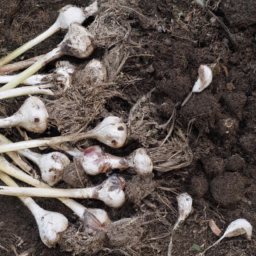
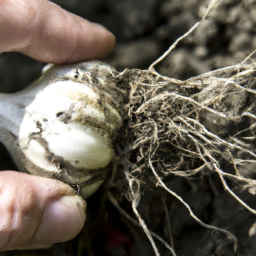
Offering garlic farming workshops and educational resources in Tennessee can benefit both aspiring and experienced garlic growers. Share your knowledge on topics like soil preparation, pest management, and harvesting techniques.
Workshops and resources provide valuable learning opportunities, foster a sense of community, and support the growth of garlic farming in the region.
In conclusion, hosting workshops and providing educational resources is a way to contribute to the collective knowledge of garlic farming in Tennessee.
Tennessee Department of AgricultureIntercropping with garlic is a smart strategy for small farms in Tennessee. Planting garlic alongside compatible crops like tomatoes, peppers, or lettuce can maximize space utilization and yield.
Experimenting with intercropping can help small-scale farmers diversify their produce and increase overall farm productivity.
In conclusion, implementing intercropping strategies with garlic is a practical approach for small farms in Tennessee, offering numerous benefits.
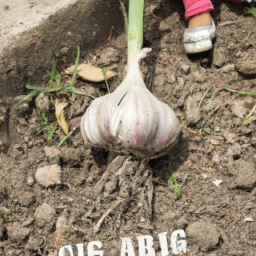
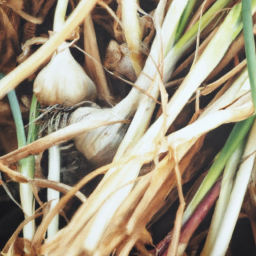
Permaculture practices align well with garlic production in Tennessee. Embrace principles like companion planting, organic soil management, and minimal waste to create a sustainable and self-sufficient garlic farm.
Permaculture emphasizes the importance of working with nature, leading to a resilient and harmonious garlic ecosystem.
In conclusion, incorporating permaculture practices into garlic production in Tennessee promotes sustainable and environmentally conscious farming.
Crop insurance is a crucial consideration for garlic farmers in Tennessee.
Investing in crop insurance provides peace of mind and protection against unexpected losses.
In conclusion, recognizing the importance of crop insurance is a prudent step for garlic farmers in Tennessee, offering security in the face of uncertainty.
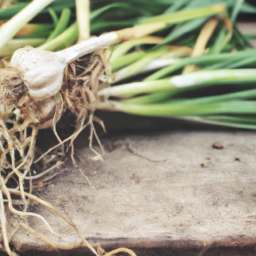
The optimal time for planting garlic in Tennessee typically falls between late September and early November. It's important to consider your specific location within the state, as warmer regions may benefit from earlier planting in September, while cooler areas may choose a late October start. Monitoring local temperature trends and referring to the USDA hardiness zone map for Tennessee can help determine the best planting window.
Crop insurance is essential for garlic farmers in Tennessee because it provides financial protection against unforeseen events that can impact crop yields, such as adverse weather conditions or crop failures. By investing in crop insurance, garlic farmers can secure their income and minimize potential losses, ensuring financial stability and peace of mind during challenging seasons.